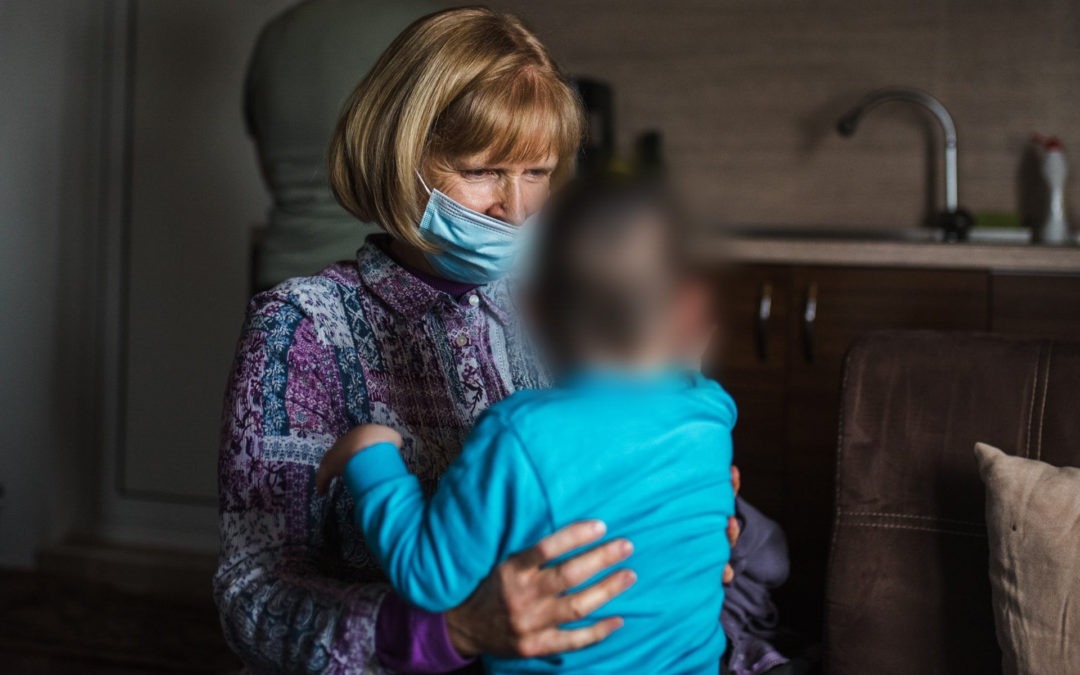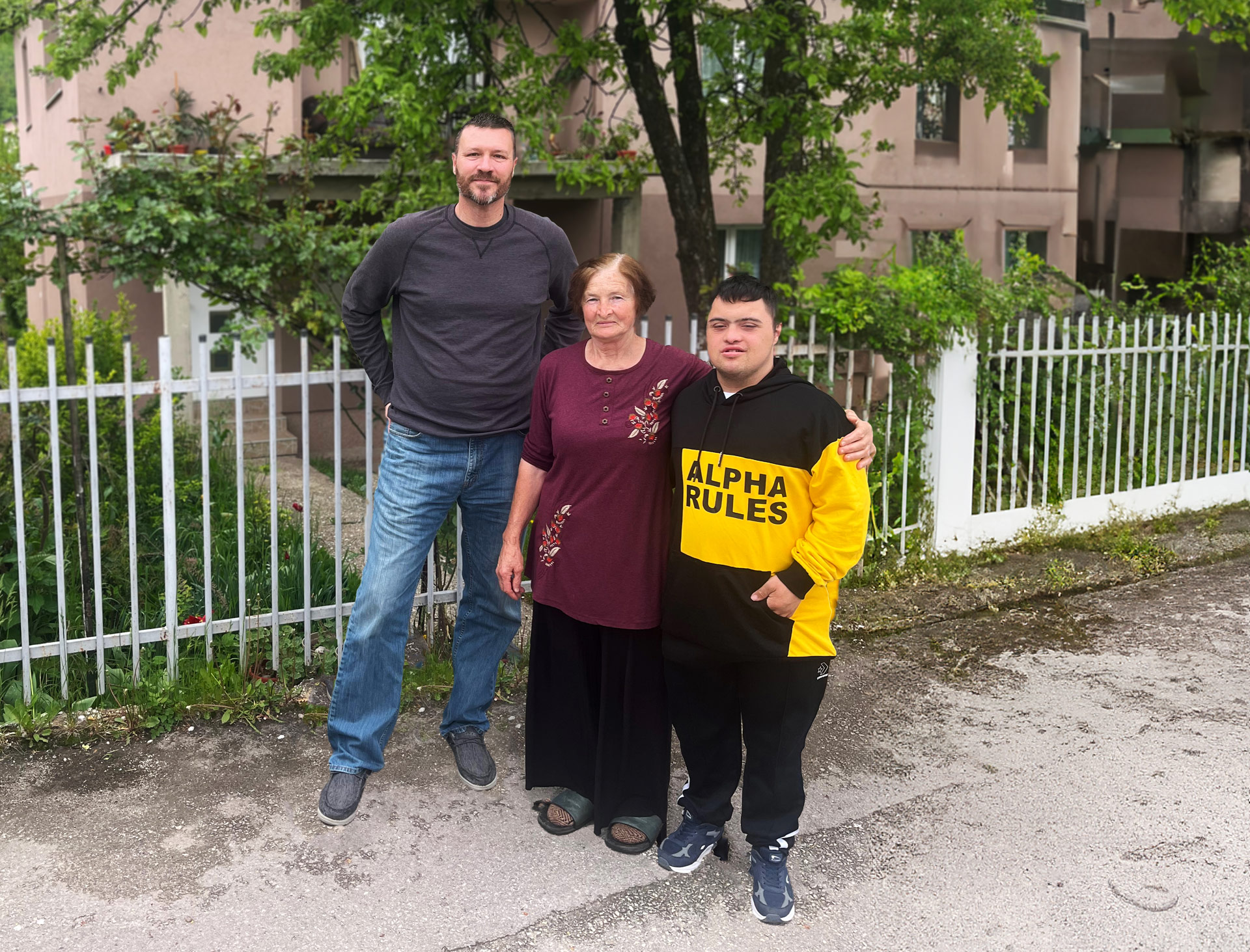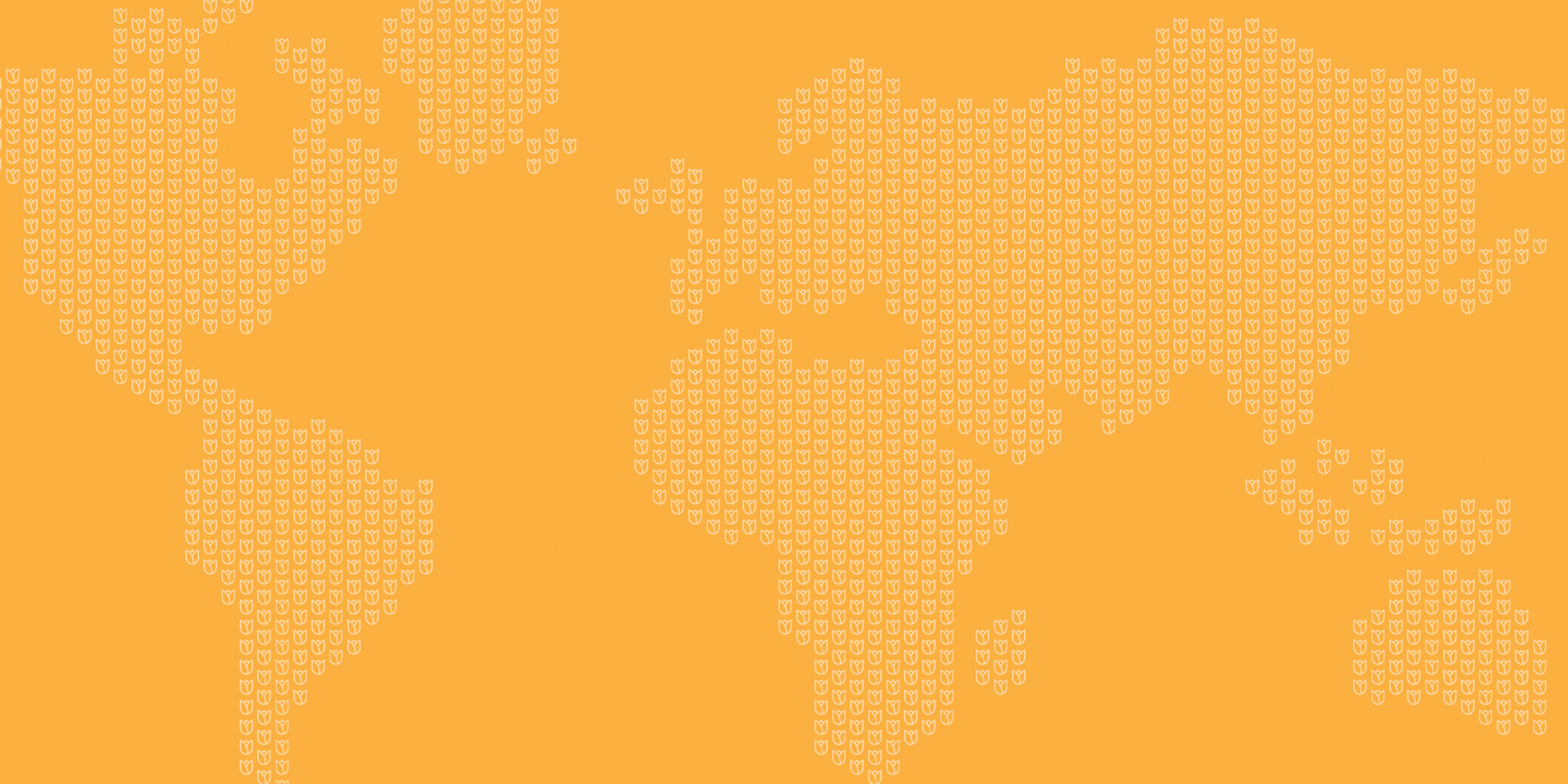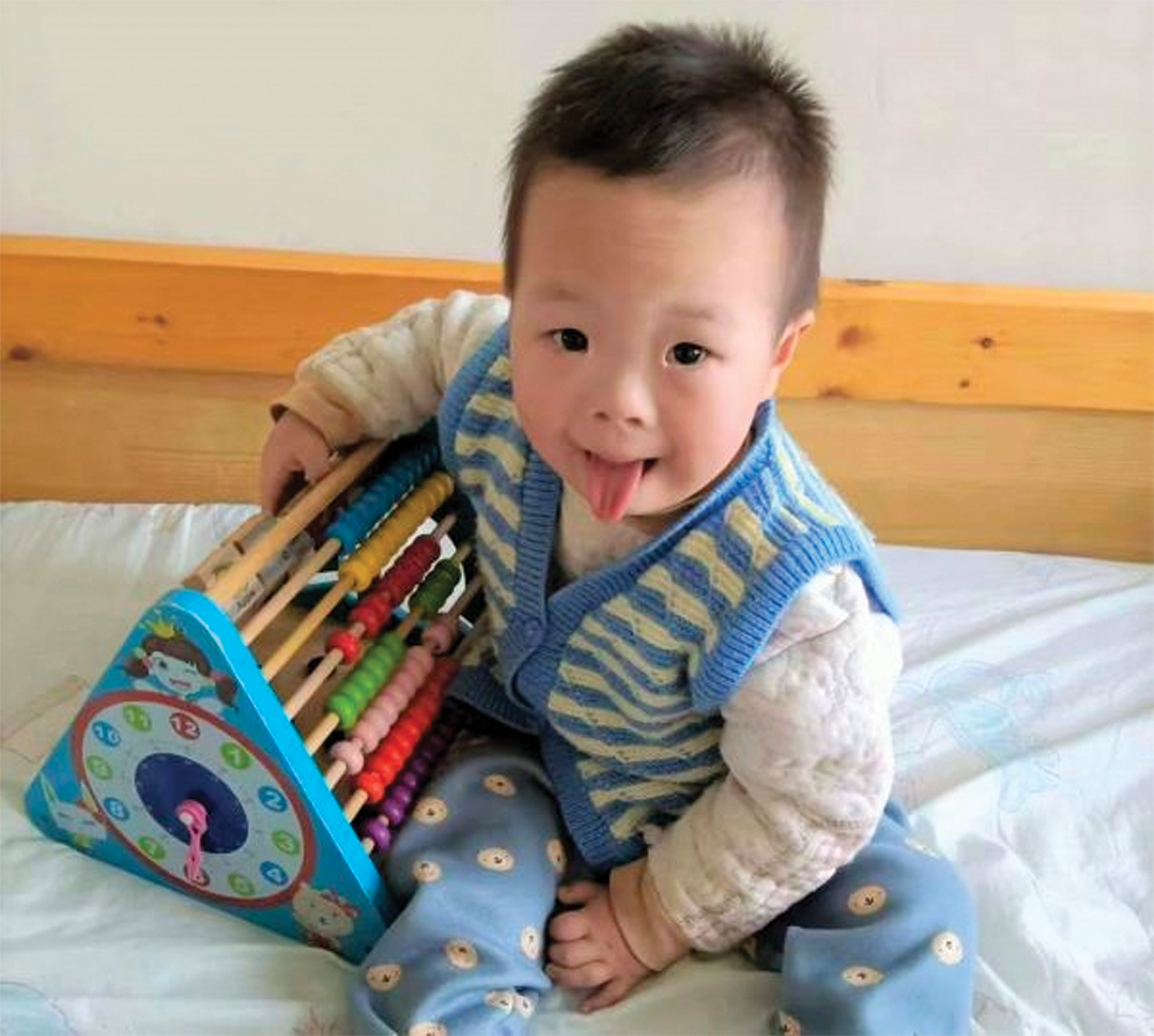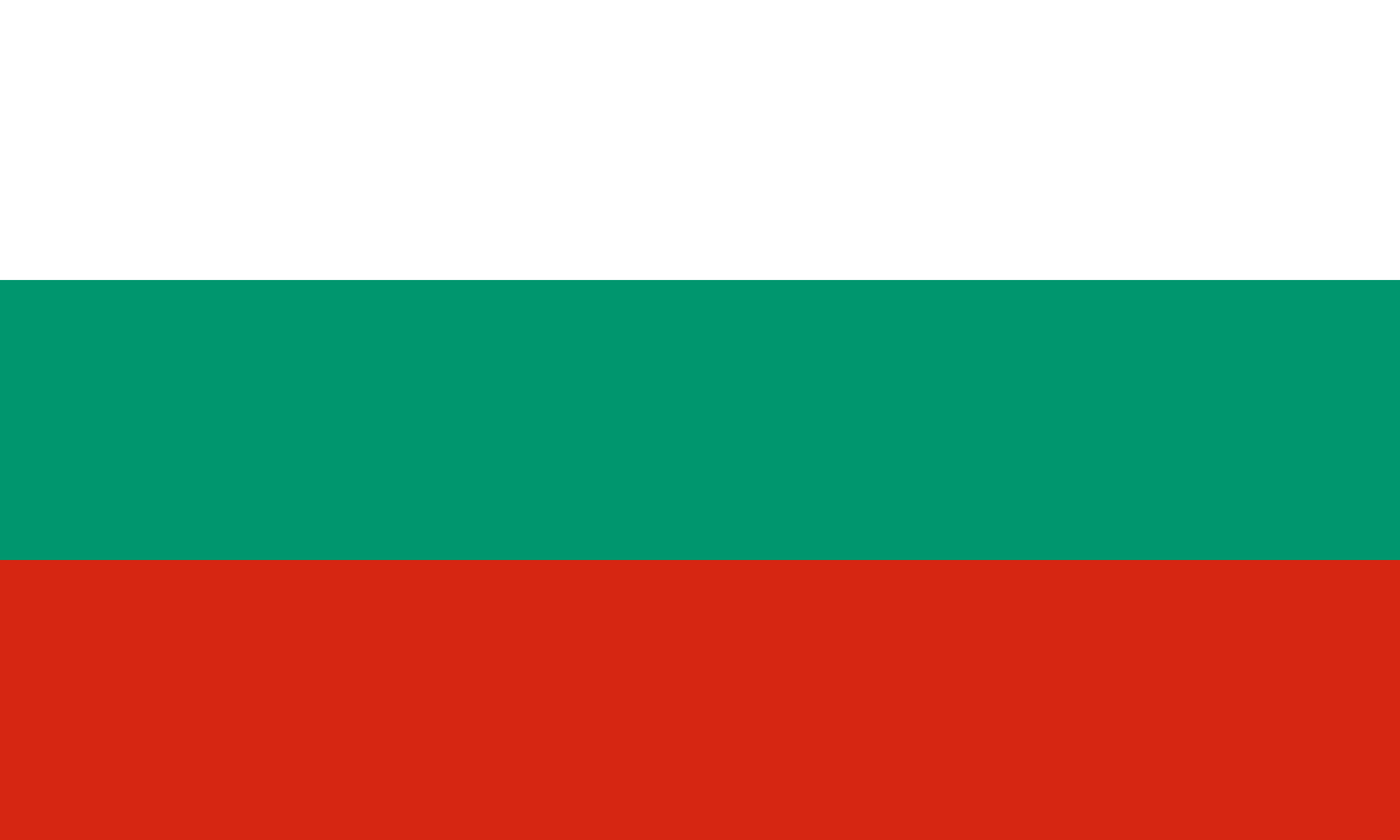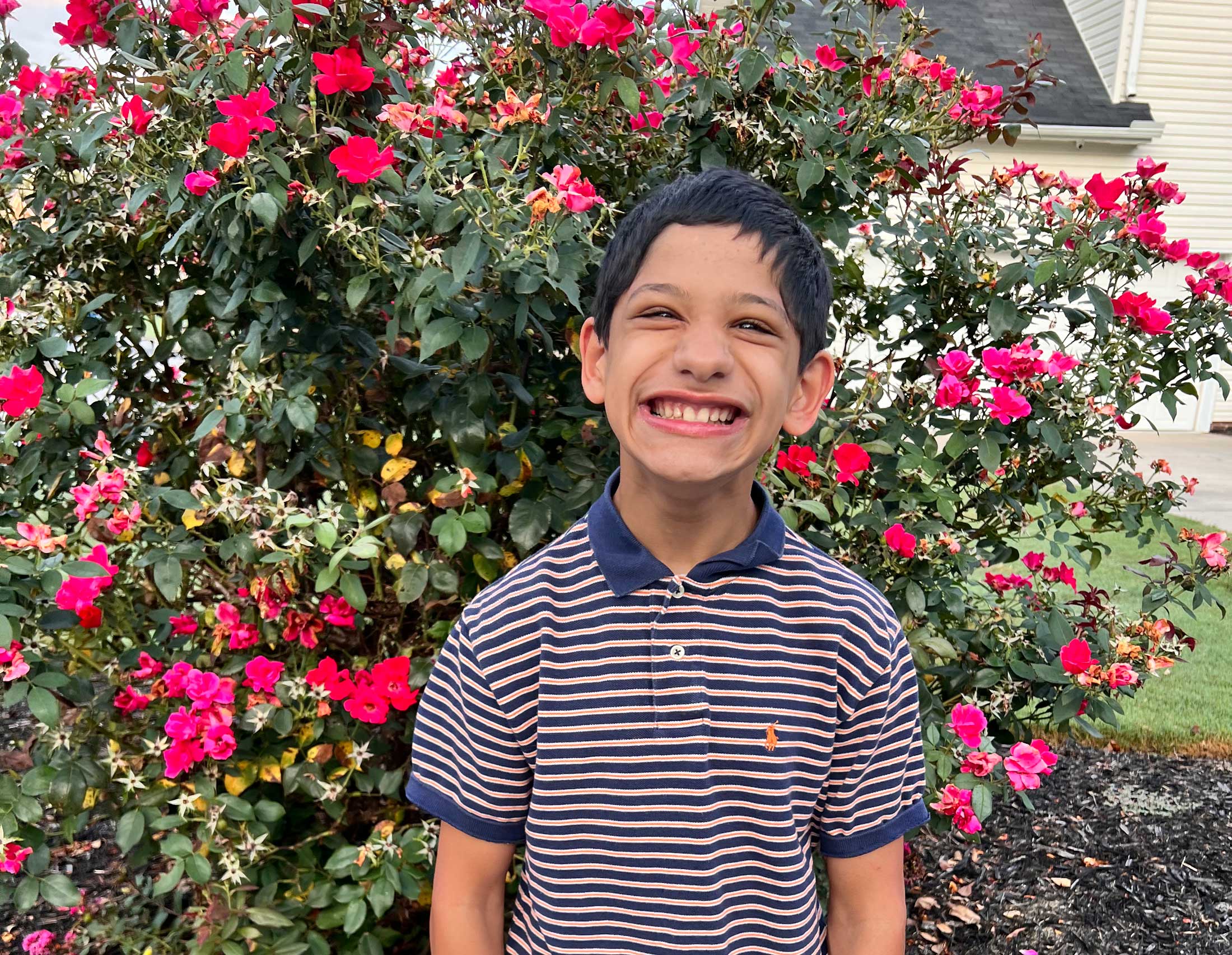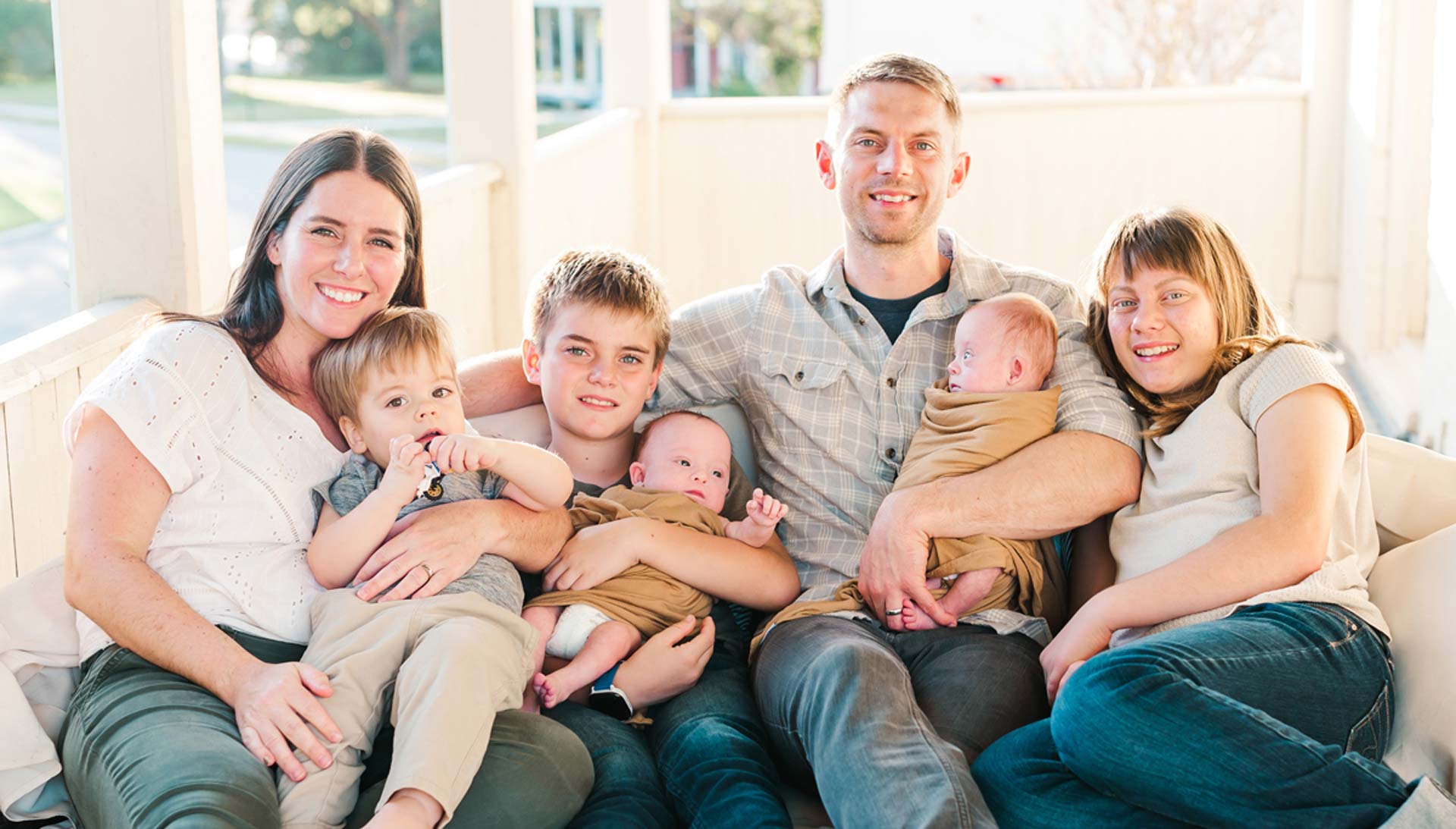words by: Ann Todorov
Advocate working with foster and orphaned children with special needs in Bulgaria

At present in Bulgaria, most abandoned babies without a disability are taken into foster care. However, this is not the case for abandoned babies who have disabilities. Up until the end of 2020, babies with disabilities were admitted from post-natal wards into large orphanages. The start of 2021 heralds a new era for abandoned babies with disabilities; a new era which has had very little preparation.
The closure of large orphanages is, of course, a very positive thing for children in Bulgaria. If orphanages are closed, then babies cannot be admitted to them. The detrimental impacts of orphanage ‘care’ can be felt by babies who become children who become adults. Yet, the alternative to orphanage care in Bulgaria for children with disabilities is very underdeveloped. Instead of babies being sent to large orphanages, foster parents are instead being asked to take on special needs babies and small children. These foster carers are are scared: they don’t feel prepared and don’t want to take on the responsibility as they know they will have many extra demands on them with maybe insufficient support. Even the social workers are scared of what lies ahead. The result is that many of these children are being transferred as we speak into smaller orphanages which are seen as an appropriate alternative to foster care. These smaller orphanages are called ‘family-type care’ but they do not resemble a family environment in any way. I have spent the last 6 years working with children in these small orphanages – they are not a replacement for foster care or comparable to a family environment at all.
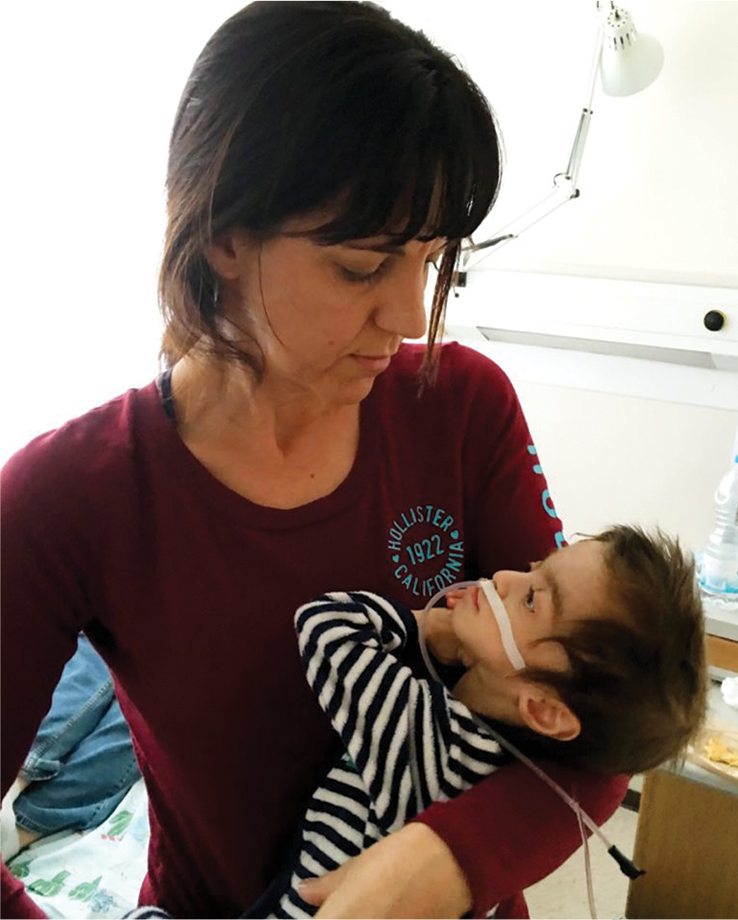
Stacey Gagnon holds her adopted son, Israel.
The best way to ensure that special needs infants and children are not admitted to small orphanages is to work in supporting the development of specialist foster care in Bulgaria. Thanks to the work of the foster support project, which is run from an evangelical church in Bulgaria, more and more foster carers are accepting children with special needs and are receiving emotional and practical support as they fulfil this crucial role. So, how is this happening? At the foster support project, we support the foster families who take in babies and children with special needs by:
• promoting the importance of foster care for special needs children; by helping to train foster parents
• by visiting, encouraging and praying for them
• by providing free therapy and advising on how to care for the children where appropriate
• and by helping to provide for their physical needs
In doing this work, we have been amazed to see that since December 2020, the numbers of foster children with disabilities has doubled–praise the Lord! More foster carers are taking on these babies. We are thrilled that these children will not grow up in institutions.
It is our pleasure to work closely as a church and support these foster carers, and due to the increasing number of specialist foster carers, there is an ever increasing need for the support our project provides. We desperately need more funding in order to maintain and give the support needed.
The Foster care project aims to give moral support and encouragement, physical support and spiritual support. We would love to be able to supply these families with diapers, baby milk, appropriate educational toys, food, therapy and baby equipment. In the future, operations may be needed for the children. The foster carer salary is very low and starts two months after the child is placed. We have a very small team of helpers at the moment and need to increase this due to the demand and increasing numbers of specialist foster families. Many of the new foster carers live quite some distance from the city so the home visits are very time consuming.
At the moment, we are a small team with a limited capacity, but there is so much potential for what we can do! We really want to expand our project and help more foster families, but to do this we need more funding to cover the expenses of the project.
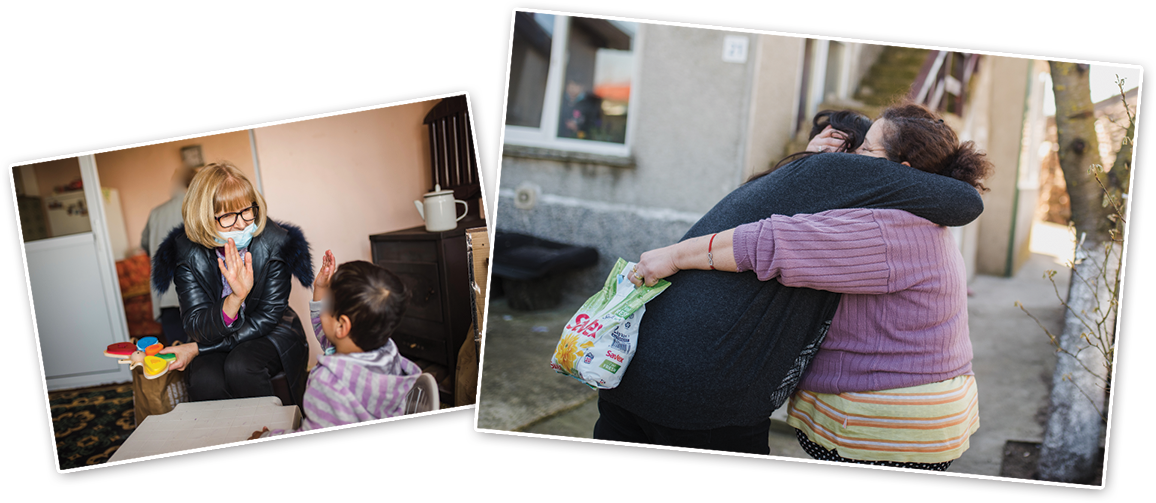
Could you help to stop more babies and small children with disabilities being admitted to live in orphanages? We want to do more, but we cannot on our own. There is a very limited chance that these children will be adopted in Bulgaria. So their only chance of family care is in foster care and international adoptions. There are no other services being offered in our country like the foster support project.
One family who has benefited hugely from the foster support project in the last year is Dany’s foster family.
Life for Dany is in many ways happy and full of love. He lives with his foster family who have looked after him for many years. He has a Grandma who cooks tasty meals, older siblings who play with him and enjoy him, and a father who provides for him. He attends the local special school where he has caring and thoughtful teachers, and where he learns and plays with his friends. However, Dany’s life has not always been so happy.
Dany lived his first years in a large orphanage for babies. At this time, it was common for children like Dany with special needs and disabilities, who were abandoned as babies, to be placed in orphanages instead of with foster families. However, after two years at the orphanage, Dany had the opportunity to be placed in foster care where he could be cared for by a family in their home. Being placed in foster care was life-changing for Dany–instead of living in a cot, secluded and spending his life mostly sedentary and alone, Dany had the opportunity to live in a family just as children should.
While Dany is very fortunate in many respects to now live in foster care, there are also many challenges for Dany and his foster family. This is mainly because growing up with special needs in Bulgaria can be very hard. Dany and his foster family have experienced discrimination and prejudice on a daily basis. Doctors have refused to treat Dany, even when he was in serious pain. Dany has frequently been thrown out of restaurants and play areas with this foster parent due to simply being different form other children. Dany’s uncertainty of the noises and smells in the hospital, the sight of the needles and the bleeping of the machines caused him to be rejected by medical staff who had no understanding of his needs. Over time, Dany’s foster carer has become disappointed and disillusioned with the institutions which are supposed to support the family, but have in fact rejected and humiliated them. Despite these challenges, Dany’s foster carer has not given up; he has done everything in his power to ensure Dany’s life is good and that he receives the education and medical attention he rightfully deserves, even while working multiple jobs and covering expensive medical bills.
However, such care is not easy alone and it takes its toll. Until the Foster support project began to support Dany and his family with free nappies, toys and friendship, no other such support had been given to the family. Since receiving support from the project, Dany’s foster parent has expressed thanks for the care and acceptance Dany has received. Knowing that they are not alone and that there are others who are reliable and understanding is a relief to Dany’s family.
There are many such families in Bulgaria who are caring for children with special needs who need support, encouragement, community and acceptance. It is our desire to help more families like Dany’s through expanding the project across the city, working to see foster carers thrive rather than struggle, and the children grow up in stable, safe and caring families, ending institutionalization of children once and for all. Please join us on this important mission.
For more information about Lost Sparrows, visit their website.

Room to Bloom’s mission is to promote the beauty of adoption and to ascribe dignity to people with Down syndrome and other special needs. We do this by partnering with organizations that are dedicated to orphan care and adoption advocacy, strengthening families who have children with special needs, and giving a voice to the vulnerable.

